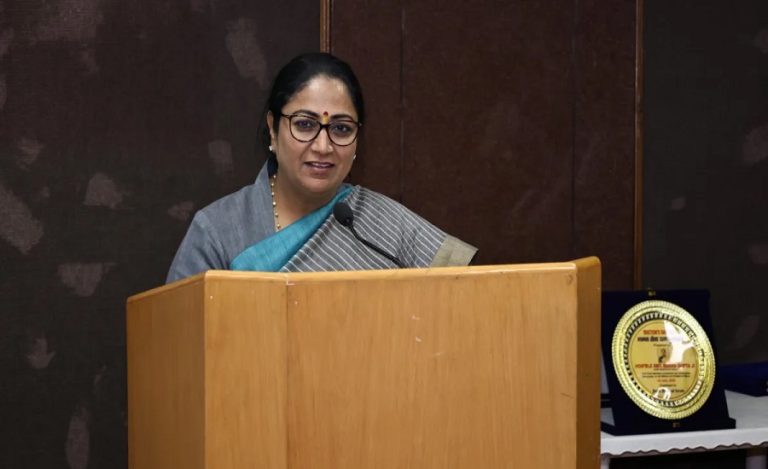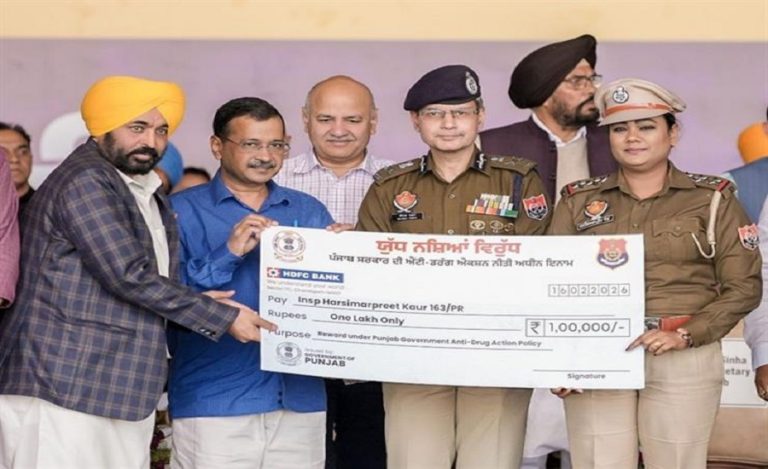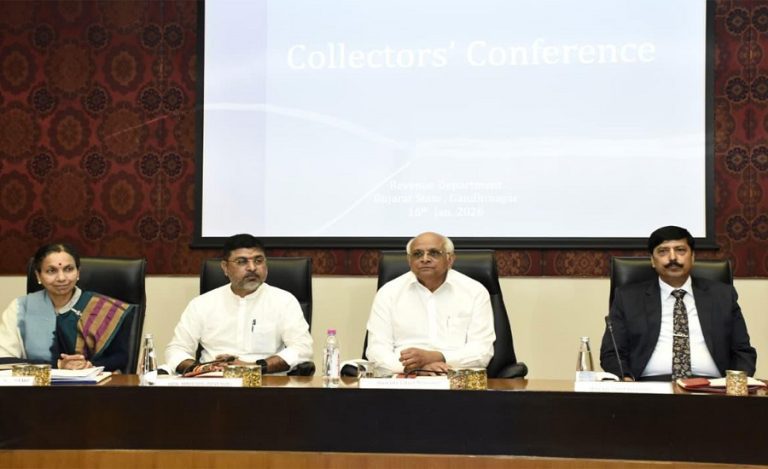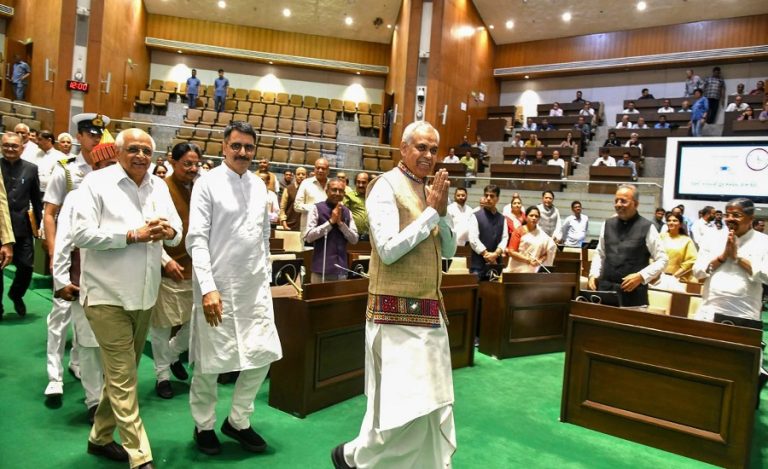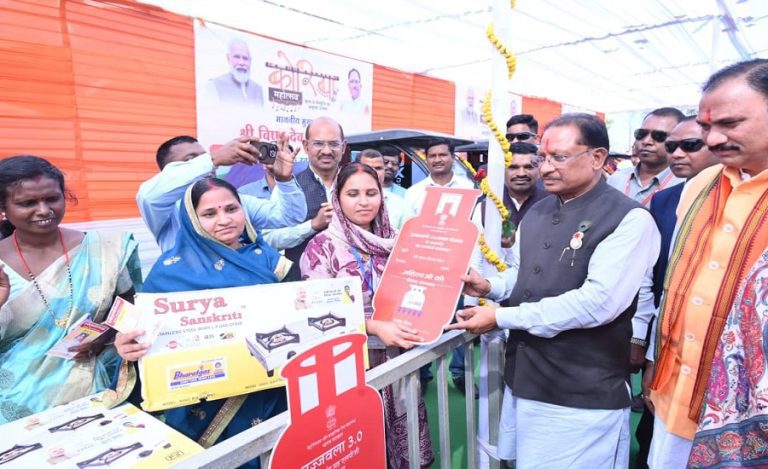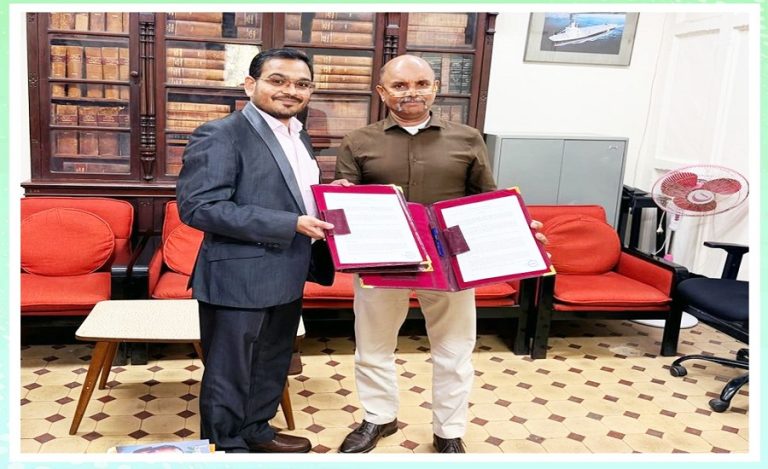New Delhi: The Supreme Court on October 13, 2025, issued notice on a significant public interest litigation seeking a uniform and gender-sensitive policy for allotment of professional chambers to women advocates across all courts and bar associations in India.
However, the bench comprising Justice Surya Kant and Justice Joymalya Bagchi appeared unconvinced about granting ‘reservation’ or preferential treatment to women lawyers, sparking a crucial debate about merit versus infrastructural support.
Reservation for Women Lawyers: Women With 25 Years’ Practice Still On SCBA Waiting List
The petition, filed by advocate Bhakti Pasrija and other practicing women advocates, highlights a concerning reality. Despite having 15-25 years of legal practice, several women lawyers remain on the Supreme Court Bar Association’s waiting list without any professional chamber or workspace.
The petitioners pointed out that recent chamber allotments—68 cubicles in the Supreme Court’s D Block between July and October 2024—were made without prioritizing women advocates, despite earlier Supreme Court directions.
“This systemic exclusion operates through facially neutral yet outcome-inequitable procedures,” the petition states, emphasizing the structural disadvantages faced by women lawyers, particularly first-generation professionals from non-metropolitan and marginalized backgrounds.
Justice Kant’s Paradox: Why Preference When Women Excel On Merit?
During the hearing, Justice Surya Kant made observations that have ignited discussions across the legal fraternity.
“In our judicial service, almost 60% of officers are women. They are there not because of any reservation…there is no preference for them. It is solely on merit,” Justice Kant remarked.
“That’s why I find it a little bit paradoxical. Why do you ask for any privilege? If we think of giving a preferential allocation, for example in the matter of chambers, then we should also think of specially-abled persons,” the judge added.
Infrastructure Benefit vs Merit: The Key Distinction
Senior counsel appearing for the petitioners clarified that chamber allotment is an infrastructural facility, not a merit-based benefit. This distinction is crucial to understanding the demand for priority allotment.
The lack of professional space directly impacts women advocates’ fundamental rights under Articles 14, 15, 19(1)(g), and 21 of the Constitution, according to the petition.
Supreme Court Suggests Alternative Approach for Reservation for Women Lawyers
Justice Kant orally suggested that the traditional concept of chambers should be eliminated altogether. Instead, the court could provide working stations, common sitting spaces, and rooms for client meetings.
The judge noted that the new Supreme Court building has been constructed keeping in mind all needs of lawyers. The bench also suggested focusing on alternative support infrastructure like court-annexed crèche facilities for women lawyers, acknowledging that many young women professionals quit due to family pressures.
Reservation for Women Lawyers: What The Petition Seeks
The PIL demands:
- Framing of a uniform, gender-sensitive policy for chamber allotment across all courts
- Reservation or prioritization of chambers for women lawyers in future allotments
- Construction and priority allotment of chambers to women advocates with over 25 years’ practice currently on SCBA’s waiting list
- Directions to ensure affirmative action in the present chamber allotment scheme
Notice Issued To Multiple Authorities
The Supreme Court bench has issued notice to the Union of India, Supreme Court’s Secretary General, SCBA, and the Bar Council of India, seeking their responses.
The matter will be heard again after the authorities file their replies.
The Larger Question: Equality Of Opportunity
The case raises fundamental questions about gender equality in the legal profession. While women have achieved remarkable success in the judiciary through merit, does this mean they don’t need infrastructural support to overcome systemic barriers?
The petitioners argue that without basic professional infrastructure, women lawyers—especially those from disadvantaged backgrounds—face disproportionate challenges in building their practice.
Justice Kant’s suggestion to also consider specially-abled lawyers indicates the court’s inclination toward a more comprehensive approach to infrastructure allocation rather than gender-specific reservations.
Case Details
Case Title: Bhakti Pasrija and Ors. vs Union of India and Ors.
Case Number: W.P.(C) No. 921/2025
Bench: Justice Surya Kant and Justice Joymalya Bagchi
Advocate on Record: Divyesh Pratap Singh
Date: October 13, 2025
The outcome of this case could significantly impact how professional spaces are allocated to lawyers across India and set precedents for balancing merit-based achievements with infrastructural support for underrepresented groups.



